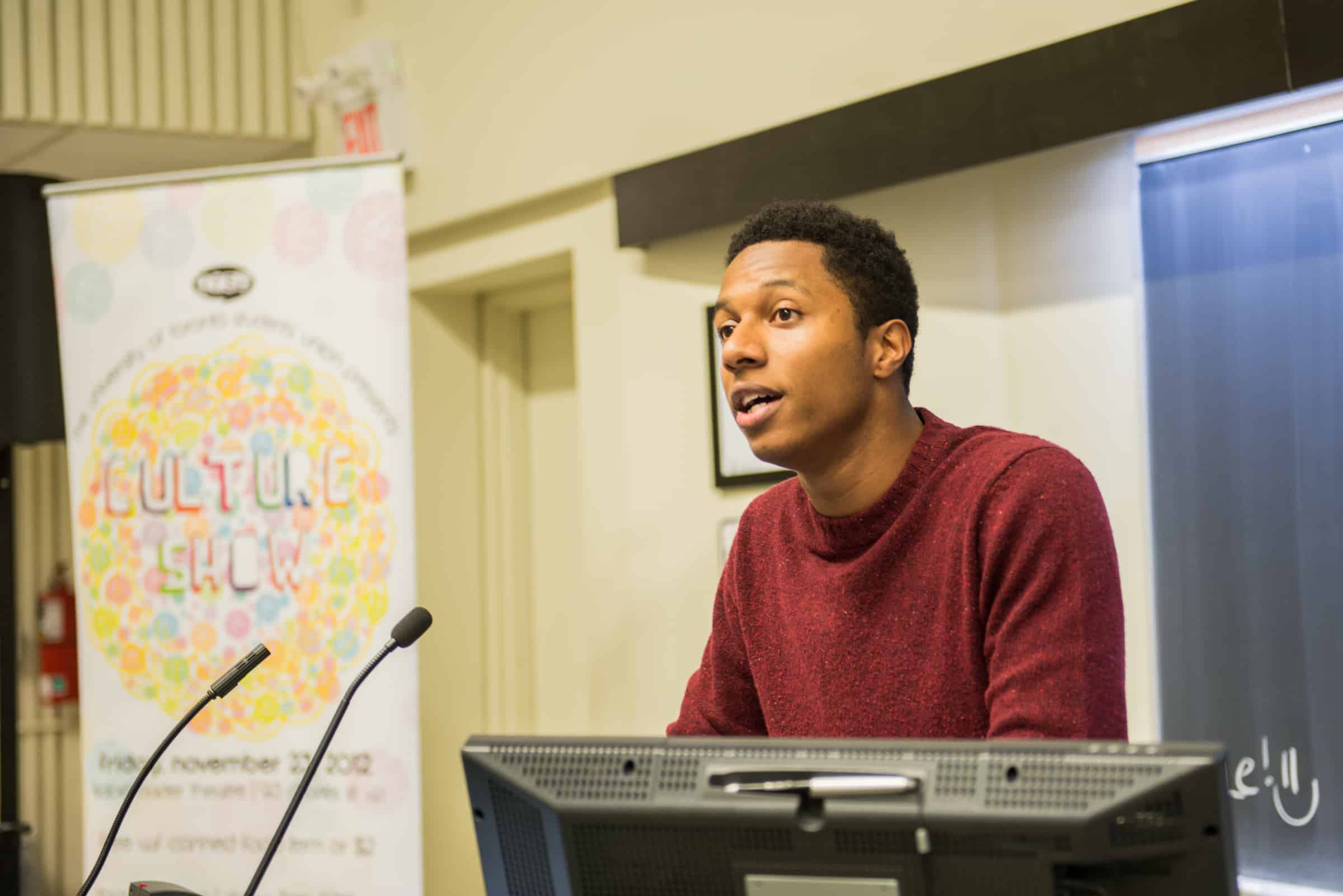In the build-up to last week’s Annual General Meeting, it has been disappointing to see some students use the AGM as an opportunity to motivate a personal agenda at the expense of the entire UTSU membership. I have also witnessed members of our executive endure malicious personal attacks fueled by misinformation and political motivations. Posted on the UTSU Annual General Meeting’s Facebook event are a series of disrespectful comments made by a small group of students towards their peers. Why do these students perpetuate a divisive ‘us versus them’ mentality?
I encourage UTSU members to challenge the rhetoric and grandstanding that took place on the floor of the AGM and in its lead-up because you are being misled. Student leaders who spoke at the AGM intentionally misrepresented their own awareness of the UTSU’s AGM procedures to disenfranchise their constituencies. For example, one of the student leaders speaking at the AGM has suggested that they have never received a response from UTSU executives as to how to bring forward agenda items for discussion at the AGM and those proposals were barred from reaching the AGM. These allegations are false and they only serve to disenfranchise the hundreds of students in attendance at the AGM. As a result of the false allegations, the UTSU audit and bylaw amendments were not discussed, including those that would enshrine the rights of PEY students in the Faculty of Engineering to vote in UTSU elections.
We are fortunate at this university to have student representation at the college, faculty, and university-wide levels. However, many of the college council representatives have teamed up to form an ‘opposition’ to the students’ union. Whose interest does this serve? I would argue that student representatives have a common interest, and the tensions perpetuated by some college and faculty councils hurts the students we all collectively represent.
It also hurts those of us that make the commitment to serve students. As an elected representative, my mental health has taken a heavy toll from trying to maintain these relationships. Rather than being able to focus on outreaching to UTSU members to participate in their Union, I have been forced to defend myself from aggressive and relentless attacks from other student representatives. In my efforts to openly address questions and concerns, I have been met with hostility from some of my colleagues at the college and faculty level. My efforts to do the job UTSU members elected me to do are being undermined by the political agenda of some student leaders.
It saddens me to know that this is the reality of our relationship with our college councils. However, it does not have to be this way. Student leaders from our colleges and faculties can and must re-evaluate how they engage with their students’ union. If we want to move forward, the commitment cannot rest solely on the UTSU, though my executive team remains committed to working together. Our college and faculty council representatives must work in good faith with the UTSU to ensure issues are not lost in the absurdity of rhetorical speeches and ill-founded motions of non-confidence.
There are a number of forums available for student representatives to engage with the UTSU. Unfortunately, they are seldom taken advantage of. First and foremost, each college and faculty council president has a seat on the UTSU Board of Directors. This empowers these individuals with a direct forum to engage the UTSU Board of Directors. Second, students in each college and faculty have elected representatives to listen to and bring forward their concerns. Third, the Union hosts a series of monthly commission meetings, where projects are shaped with input received from all general members.
As president, I believe strongly in making sure our organization reflects the needs of its members. I am always glad to hear from students with genuine ideas and suggestions to shape our Union. I do not support the misrepresentation of our Union, nor do I condone personal attacks on my colleagues, who inspire me with their dedication to our members by working 16-hour days. To my colleagues at the college and faculty level, I believe we can work together to build a stronger University community. I hope you’ll take me up on the offer.


